Dieting and caring about our weight is nothing new in our culture, and it seems harmless right? But when do these habits become a health concern?

Eating Disorders such as anorexia nervosa, bulimia nervosa and binge eating disorder are commonly known and talked about.
But what many people don’t know is that you don’t need to have an eating disorder to have disordered eating habits. These seemingly small habits can quickly lead you down an unhealthy path if not properly cared for and addressed early.
So, what is Disordered Eating?
Disordered eating is unhealthy eating behaviours and worries about body image
But you would know if you had any of these behaviours, right?
The problem with disordered eating is that due to the rise of diet culture, many of these unhealthy habits are now seen as being normal- and even celebrated or praised.
Phrases such as…
“you are so healthy”
“you have so much will-power”
Have become common responses to these habits acting as motivating factors to continue the behavior.
So, are you curious if your “healthy” eating habits may be unhealthy?
Here are 6 signs your relationship with food is disordered.
Labeling foods as “good” and “bad”
Salad is good, cookies are bad. This is something we learned when we were kids, but this simple phrase creates a lifetime of feeling foods are “off-limits”, meaning that when we do get them, we will most likely overindulge.

Skipping meals or eating very little
“saving” your calories for your big night out by not eating lunch
Having strict rules around food
You can only eat ½ of a banana. Carbs are only eaten in the morning. Having these rules and not being flexible with them.
Obsessing about food and weight
Not being able to be present and just enjoy food because you are always thinking of what you ate or what you are eating next
Feeling guilt after eating
Feeling you were “bad” for eating that piece of cake on your birthday and spending the rest of the day or even week wishing that you didn’t. Telling yourself you need to make up for it by either working out or eating “super healthy”
Constantly trying different diets
Constantly going through the never-ending cycle of being on a strict diet, not being able to stay on it or falling back to your old habits and then trying a new diet
Do any of these signs sound familiar?
It is never too early to seek help.
The good news is you can improve your relationship with food and an ice cream can once again become just food you love!

If these signs sound familiar, visit NationalEatingDisorders.org for more information and to take the free screening tool.
References:
Blackstone, S. R., Sangiorgio, C., & Johnson, A. K. (2020). Peer Recognition of Disordered Eating Behaviors: Implications for Improving Awareness through Health Education. American Journal of Health Education, 51(3), 142–150. https://doi.org/10.1080/19325037.2020.1740120
Gratwick-Sarll, K., Mond, J., & Hay, P. (2013). Self-Recognition of Eating-Disordered Behavior in College Women: Further Evidence of Poor Eating Disorders “Mental Health Literacy”? Eating Disorders, 21(4), 310–327. https://doi.org/10.1080/10640266.2013.797321
Harrer, M., Adam, S. H., Messner, E.-M., Baumeister, H., Cuijpers, P., Bruffaerts, R., Auerbach, R. P., Kessler, R. C., Jacobi, C., Taylor, C. B., & Ebert, D. D. (2020). Prevention of eating disorders at universities: A systematic review and meta-analysis. International Journal of Eating Disorders, 53(6), 813–833. http://dx.doi.org.ezproxy.lib.ryerson.ca/10.1002/eat.23224
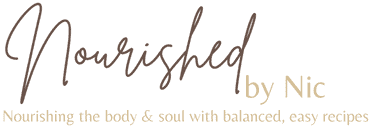







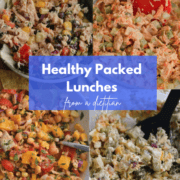



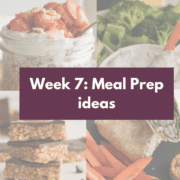


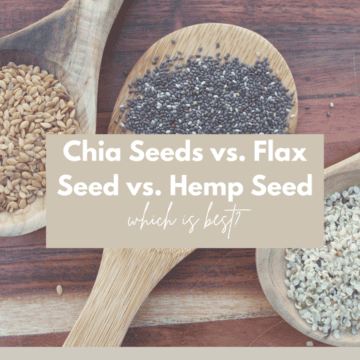
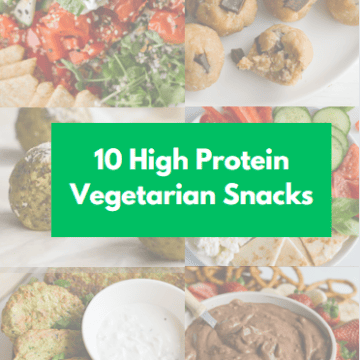

Leave a Reply